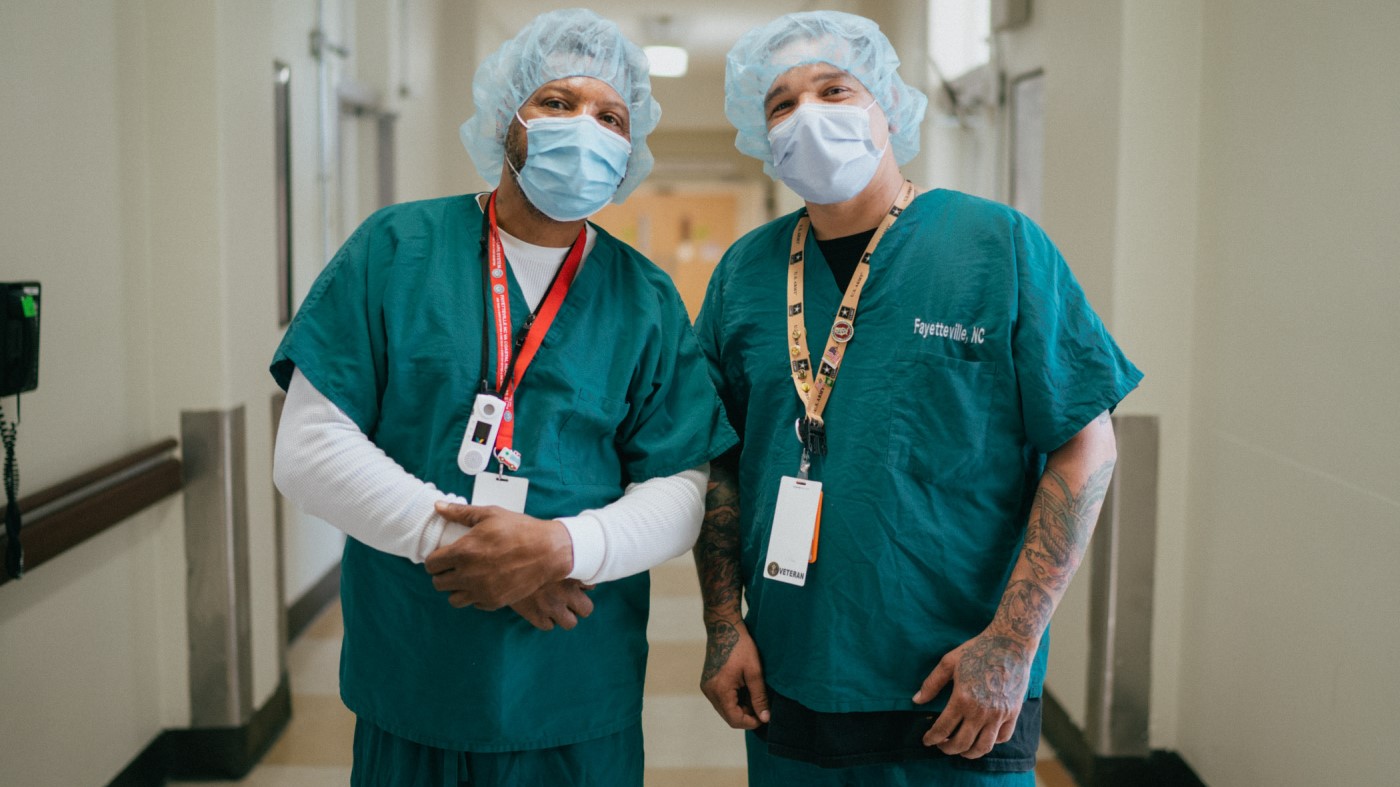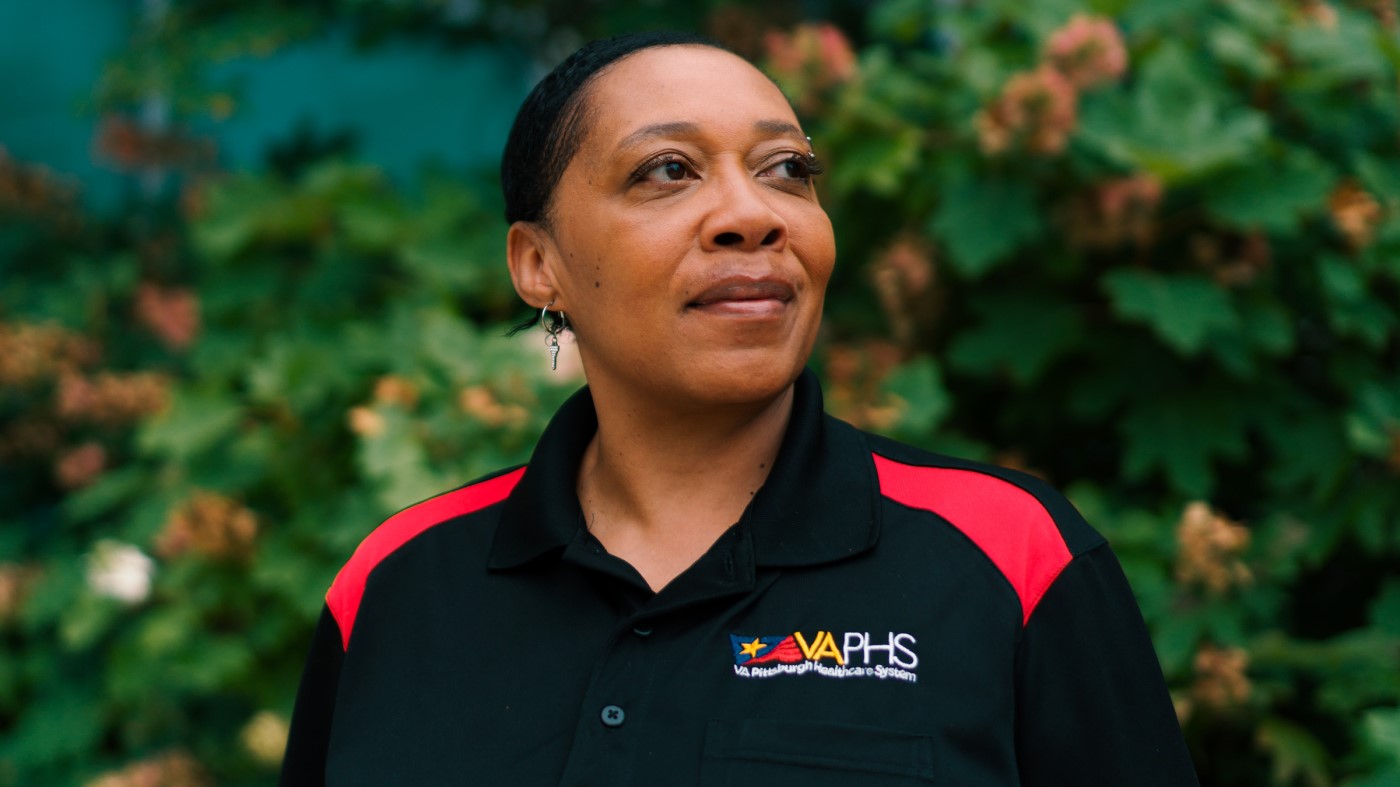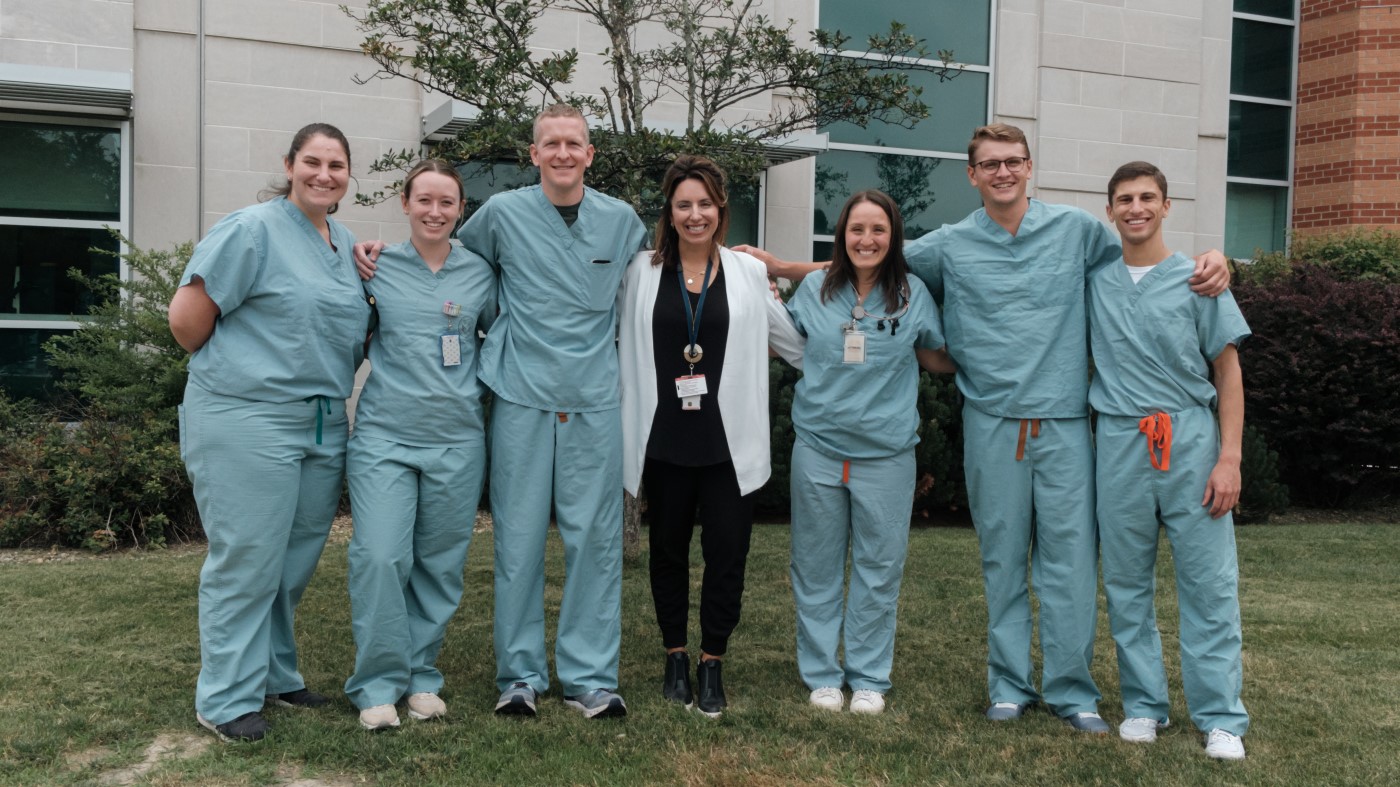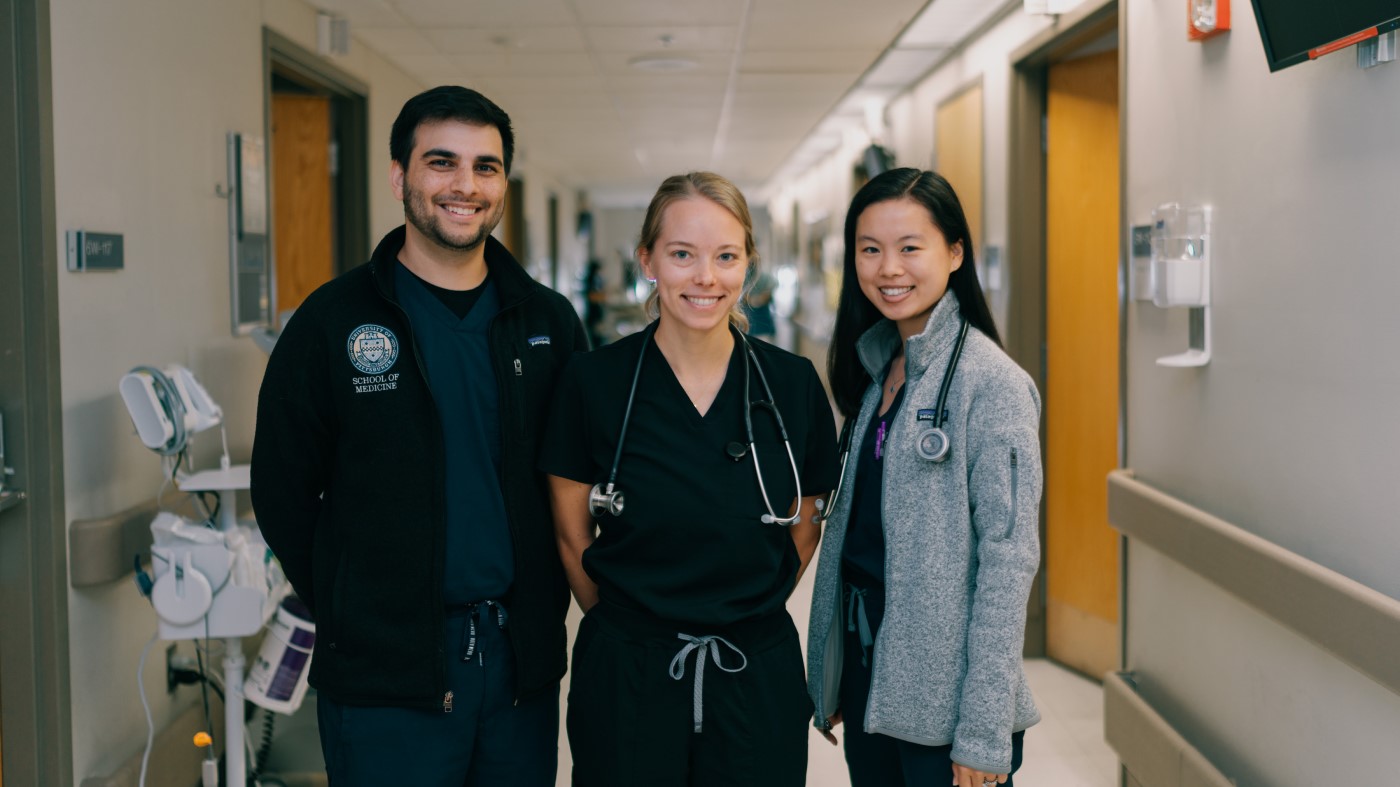Breaking down barriers to health care for rural Veterans is fundamental to the work we do here at VA. You can be part of the solution—explore a career serving Veterans in rural areas today.
Meeting Veterans where they live
Whether it’s creating new jobs, attracting clinical professionals or using technology to cross the miles, investing in rural health care for Veterans is one of our top priorities.
Almost a quarter of all Veterans in the United States—4.7 million—return from active military careers to reside in rural communities, and do so for a number of reasons.
For some, it’s a matter of being closer to family, friends and the familiar. For others, it may be the greater sense of privacy, the lower cost of living, or the allure of open space and fewer people.
Whatever the reason, while Veterans may enjoy the benefits of rural living, they may also experience health care challenges that are amplified by their proximity to health care facilities. That’s why VA has devoted many resources into reaching those Veterans who make their homes outside urban areas.
Investments in care for rural Veterans
Part of VA’s commitment to equity of care comes in the form of providing services to Veterans who live in rural communities. We recognize the need to provide accessible care to rural Veterans and allocate 32% of our health care budget to rural Veteran care.
Those seeking careers in rural VA facilities are incredibly valuable to us as well. Recent efforts like the PACT Act have included incentives to encourage professionals like you to come to our rural facilities. If you work in the private sector, we might be able to buy out your contract in exchange for providing your expertise in rural areas.
We make these investments because we know the impact that your expertise can provide. You can have a huge impact on the health of the entire community and can see the result of your care more holistically.
In turn, you can gain valuable experience treating a broad range of health conditions. Rural communities often have higher rates of obesity, diabetes and other chronic disease. You’ll also interact with an aging population in greater need of health care services—55% of rural Veterans enrolled in VA’s health care system are over the age of 65.
Bridging the gap with telehealth
Where distances to care are great, alternatives may be needed. To support rural Veterans, as well as rural providers, we have continued our investment in telehealth technologies. Continued investment in our telehealth services will offer care to even more patients, which in turn means more job opportunities.
In April, VA opened a new Clinical Resource Hub (CRH) in Boise, Idaho—the first facility of its kind in our network. The CRH provides VA staff space to work while treating Veterans via our telehealth network. For physicians, psychologists, social workers, nurses and more, the CRH is their office, and offers them the ability to connect with patients anywhere, at any time.
Supporting the systems that provide for Veterans is a necessity of enhancing our telehealth networks, too. Program specialists provide critical operational management and the technical expertise to maintain clinical telehealth operations at our facilities, ensuring that we can reach out to Veterans no matter the distance.
Work at VA
Help us promote the health and well-being of rural Veterans with a career at VA.
- LEARN more about our work with rural Veterans.
- READ about the opportunities in rural communities.
- EXPLORE the benefits of working at VA.
- SEARCH for your new career at VACareers.va.gov.
Topics in this story
More Stories
If you’re looking for an opportunity to provide care to Veterans outside a traditional clinical setting, Home Based Primary Care (HBPC) is a great option.
A key part of your job search is finding the right fit for you and your skills, and workplace culture can impact that dramatically.
VA offers numerous pathways into mental health careers, including scholarship opportunities for college students. Learn more.






